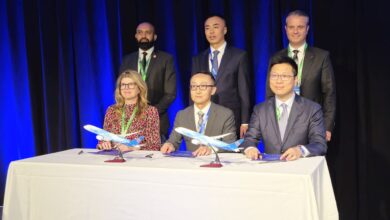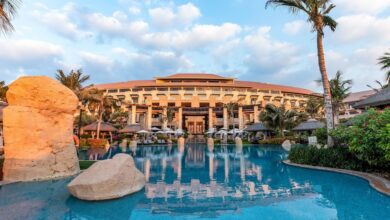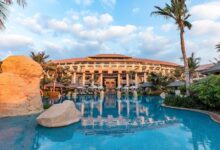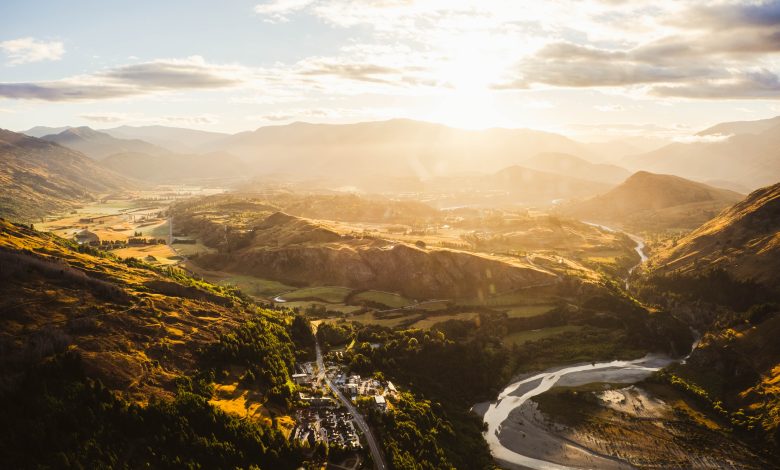
World Earth Day: Queenstown to be the world’s first carbon zero tourism destination by 2030
A dedicated team has already commenced scoping the keystone project of the tourism strategy
However, this week just in time World Earth Day 2024 on April 22, a milestone was achieved with the unanimous endorsement of the Queenstown Lakes District Councillors during a full council meeting. The strategy, aptly named “Travel to a Thriving Future,” is a collaborative effort between Destination Queenstown (DQ), Lake Wānaka Tourism (LWT), and the Queenstown Lakes District Council (QLDC). It also incorporates insights from Kāi Tahu and the Department of Conservation.
AccomNews is available now. Read it HERE
During the council meeting, two members of the public voiced their support for the plan, highlighting its potential benefits. Notably, no objections were raised. Addressing the council, Mayor Glyn Lewers emphasised the importance of individual commitment from council members to drive the district’s plan forward.
Mat Woods, CEO of Destination Queenstown, expressed his enthusiasm for the council’s endorsement, noting that it marks a crucial step towards achieving the region’s ambitious goal of a carbon-zero visitor economy by 2030. He underscored the need for swift action, highlighting the 23 projects outlined in the plan.
He said: “I’m looking forward to having the governance in place and setting up our project teams,”
Tim Barke, CEO of Lake Wānaka Tourism, emphasised the community-driven nature of the destination planning process. He said that the strategy reflects the aspirations of the local communities and offers opportunities for regional prosperity while promoting environmental sustainability.
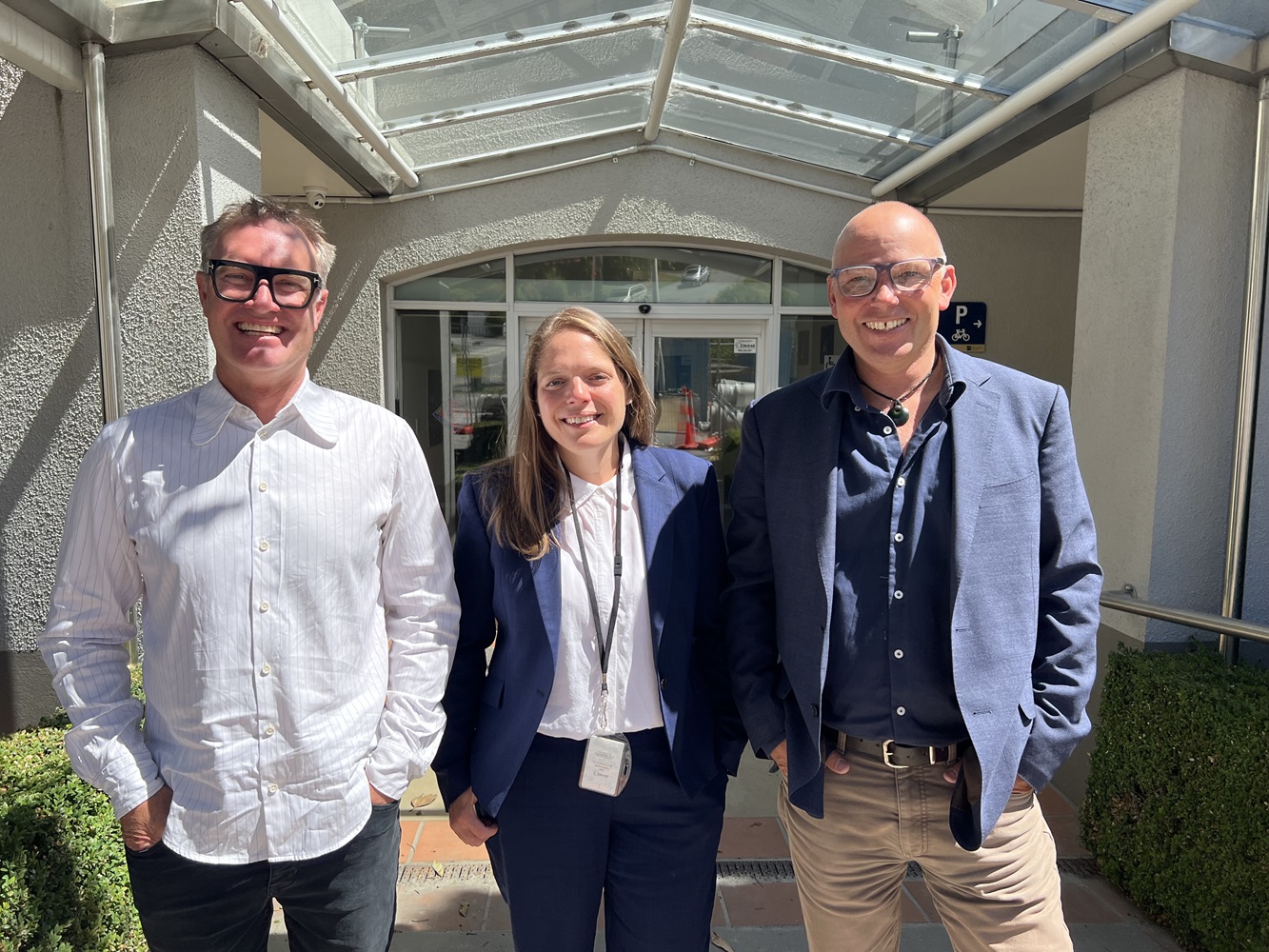
A dedicated team has already commenced scoping the keystone project of the tourism strategy – achieving carbon neutrality by 2030. The team consists of QLDC Climate Action Programme Manager Katherine Durman, local energy expert Dr Stephen Batstone, and Tyler Robinson, David Archer, Lindsay and Rodney Payne from Destination Think. The QLDC Climate Reference Group will be asked to offer advice and guidance.
Experts from around the world have offered their support in an advisory role, including; Paul Cubbon (Assistant Dean of Innovation, University of British Columbia), Dr Freya Higgins-Desbiolles (Adjunct Snr Lecturer, UniSA Business, University of South Australia), Tito Jankowski (Chief Executive Officer, AirMiners), and Graeme Millen (Managing Director – Climate Tech & Sustainability, Silicon Valley Bank). Dr. Susanne Becken will offer scientific advice (Professor of Sustainable Tourism at Griffith University, Principal Science Investment Advisor with the Department of Conservation, New Zealand).
The scoping report is due by the end of March. Preparations for the first initiative to come out of the ‘Travel to a Thriving Future’ are also well underway. Launching in early April, a funding platform will provide the opportunity for visitors and industry to support localised climate, conservation and biodiversity action.
The Queenstown Lakes regenerative tourism strategy is aligned with the Grow Well | Whaiora Spatial Plan, a formal partnership between QLDC, Kāi Tahu, and the Crown, as well as the QLDC Climate and Biodiversity Plan. It reflects two years of development and extensive community feedback.
Mayor Glyn Lewers emphasised that the plan will continue to evolve, welcoming ongoing feedback from the community for consideration in future reviews, and urging everyone who has an interest in the region to “stay informed and sign up to our newsletter”.
As the region commits to a regenerative future, stakeholders are encouraged to stay informed and participate in shaping the journey ahead.
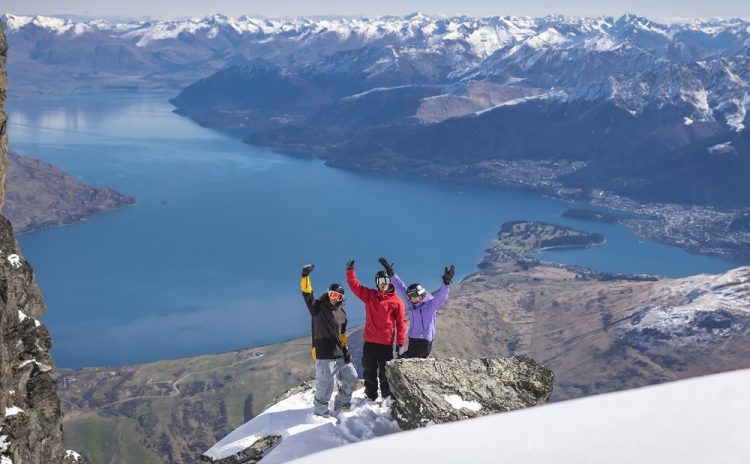
Local operators putting sustainability first and embracing the World Earth Day 2024 theme Planet vs. Plastics include:
The fun and family-friendly resort located in Queenstown has been on a waste free journey for the last ten years. What started as removing plastic from pies (24,000 plastic packets per season) has led to a monumental shift towards sustainability. The resort has eliminated takeaway packaging, partnered with their food delivery supplier to swap plastic pallet wrap to reusable nets, and banned landfill bins to ensure guests ‘pack in, pack out’ rubbish.
Luxury hotel, The Rees, is aiming for carbon neutral status with a sustainability commitment ranging from installing energy efficient air conditioning and energy conservation, reusing grey water garden irrigation, and composting, to sourcing local, and partnering with suppliers to reduce plastic waste. The hotel supports many community organisations, donating over $100,000 NZD to community causes over six years.
New Zealand disposes an estimated 828 million single-use plastic bottles per year. RefillNZ is a nationwide initiative to reduce plastic pollution in Aotearoa by empowering people to refill their water bottles from local businesses and organisations rather than buying single use plastic bottles. Since 2018, RefillNZ has gained more than 1,100 Refill sites in New Zealand.
Sign up for more information and find out how you can be involved HERE.
Read the Queenstown Lakes regenerative tourism strategy ‘Travel to a Thriving Future’ HERE

AccomNews is not affiliated with any government agency, body or political party. We are an independently owned, family-operated magazine.



